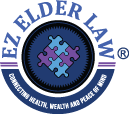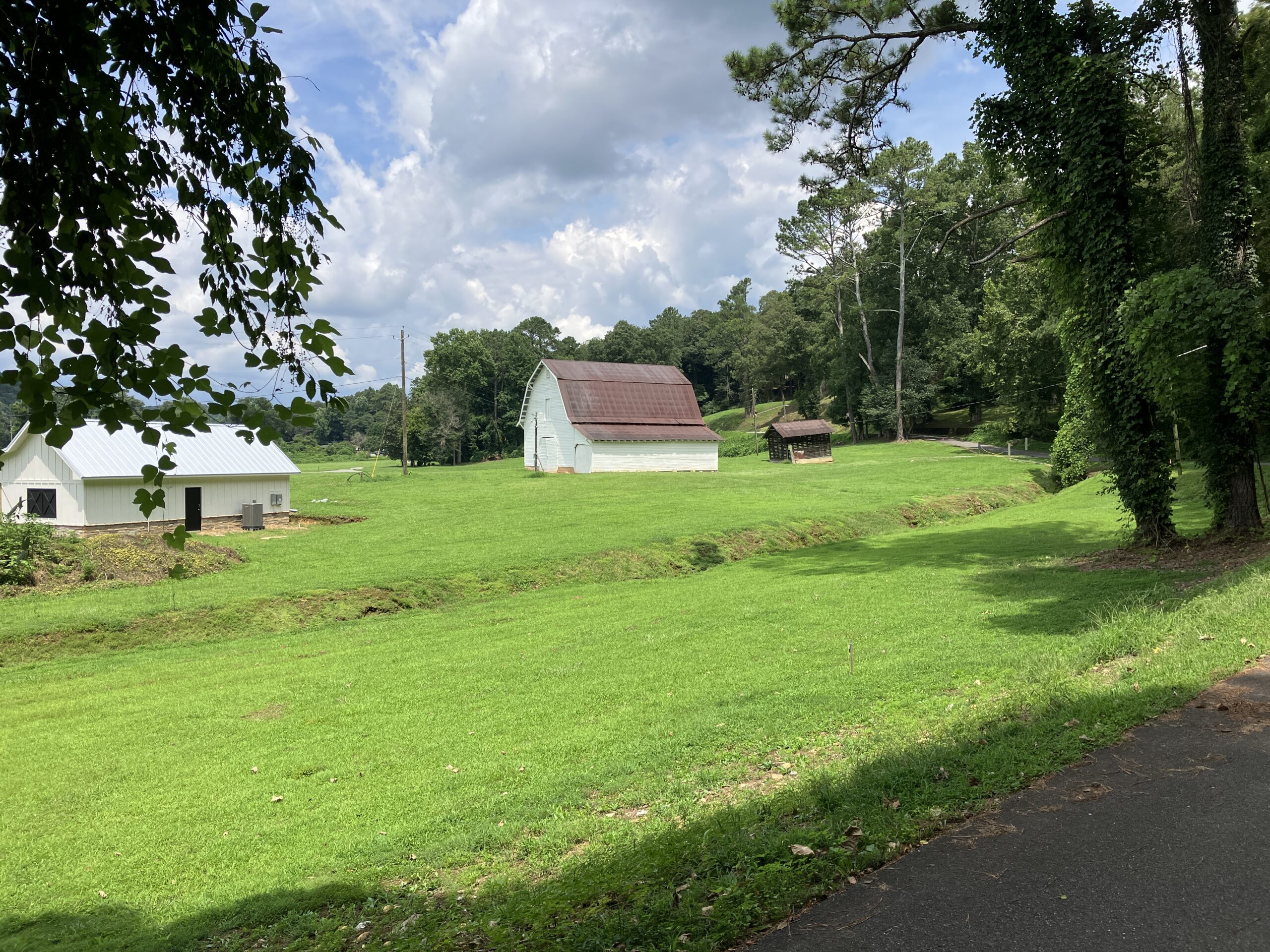
If you are concerned that an at-risk adult might be the victim of abuse, knowing the possible signs and indicators can help. Changes in the adult’s behavior or emotional state may suggest a problem. Examples are behaviors suggesting agitation, apathy, withdrawal, fear or anxiety. Additionally, adult’s comments about being mistreated, or the refusal of the caregiver to allow you to visit the adult alone could be indicators of abuse. Some indicators of abuse, neglect and exploitation include:
Physical Abuse:
- Pushing, striking, slapping, pinching, beating
- Burning or scalding
- Hitting with a hand or instrument
- Rough handling
- Improper use of restraints or medications
- Intentional injuries such as bruising, burns, broken bones, or pain
- Injuries not consistent with medical diagnosis or explanation
- Forcing someone to remain in a bed or chair
- Forcing someone to remain in a room (including locking them in)
Emotional Abuse:
- Threatening someone with violence, nursing home placement, abandonment, or neglect
- Verbal abuse including: threats, insults, harassment, name calling, intimidating
- Isolating from friends, family, or activities
- Ignoring or excessively criticizing; giving the silent treatment
- Making derogatory or slanderous statements
- Repeatedly raising the issue of death
- Excluding the older person from decision making when he or she is capable and wants to be included
Sexual Abuse:
- Any nonconsensual sexual contact
- Inappropriate touching
- Forced viewing of sexually explicit materials
- Sexual assault or rape
- Sexual harassment
Financial Abuse or Exploitation:
- Misuse of financial resources for another’s gain
- Missing money or valuables
- Scam Red Flags include being asked to pay money to receive a prize, pressure to act immediately, scare tactics, insistence on payment by gift card or wire transfer, get-rich-quick promises, and promises to recover other scam losses for a fee
- Credit card charges the individual did not make
- Unusual activity in bank accounts, depleted bank accounts
- Legal documents (such as will or power of attorney) signed by a person who does not understand what s/he is signing
- Checks/documents signed when person cannot write; signatures on checks that don’t resemble the person’s signature
- Eviction notice arrives when person thought s/he owned the house
- Unpaid bills (rent, utilities, taxes) when someone is supposed to be paying them for the person
Neglect:
- Failure to provide or purposely withholding shelter, clothing, food, water, medical care, or other basic needs
- Malnourishment, dehydration, or weight loss inconsistent with medical diagnosis
- Ignoring, leaving the person alone for long periods of time
- Unsanitary or unsafe living conditions: rats, roaches, human or animal waste on floors or furniture; house filled with trash, rotting floors, falling ceiling, no toilet
- Untreated medical conditions or injuries
- Lack of clothing or inappropriate clothing for weather
- Extreme dirtiness of bedding or lying in own waste
- Decayed teeth or lack of needed false teeth
- Lack of needed glasses or hearing aids
- Bed sores or rashes
Self-Neglect:
- Lacking food or basic utilities
- Failing to meet daily basic needs
- Not recognizing his/her limitations
- Refusing to take medications
- Neglecting personal hygiene
- Wearing soiled or ragged clothes
Abusers may be prosecuted. In Georgia, the Disabled Adults and Elder Persons Protection Act and the Georgia Protection of Elder Persons Act of 2000 allow for prison sentences of up to 20 years. A 2020 report indicated that 36.4% of abusers are women and 33.3% are men. Men are identified
as perpetrators at a higher percentage in cases of abuse (physical, sexual, and emotional), and women are more often the perpetrators in cases of abandonment, neglect and exploitation. See NAMRS, Adult Maltreatment Report 2020.
If you suspect abuse, take the abuse victim to a safe place. Once you and the victim are in a safe place, call law enforcement (911). In Georgia, you can also report elder abuse by calling 1-866-55AGING (1-866-552-4464). Another thought is to report abusers to the IRS, especially when the abuse is financial. Any criminal activity causing the abuser to have increased wealth is probably generating taxable income given the breadth of the definition of taxable income.
The Georgia Crisis & Access Line at 800-715-4225 can provide access to 24/7 mental health, substance and emergency services.
If you suspect abuse, you can do something about it. First, recognize the signs. Then, report the situation so it can be investigated. The problem can’t be solved until it is reported.
Any setting: Call local law enforcement if abuse, neglect or exploitation is suspected (911).
Community setting
If the suspected abuse, neglect or exploitation occurs in a person’s home or other community settings then contact the Division of Aging Services’ Adult Protective Services Central Intake in Metropolitan Atlanta 404-657-5250 or outside of Atlanta at 1-866-552-4464. Your report is confidential and the law protects anyone from a lawsuit who reports abuse. You may also report online: https://fw1.harmonyis.net/GADASLiveIntake/. The Georgia Adult Protective Services Manual is mirrored here on this website.
Long-Term Care Facility or Residence including: Nursing Facility, Personal Care Home (including assisted living), and Community Living Arrangement
Elder abuse in a long-term care setting must be reported and investigated. O.C.G.A. § 31-8-80 et seq. Georgia Department of Community Health, Healthcare Facility Regulation (HFR) is responsible for investigating reports in these facilities.
Call (404) 657-5728 or (404) 657-5276 or the toll-free number 800-878-6442.
https://dch.georgia.gov/divisionsoffices/healthcare-facility-regulation
To file a complaint about a licensed health care facility or service provider, call 1-800-878-6442. Leave your contact information for a return call from our staff. You may also fax your complaint to 404-657-5731.
Facility Locator: http://www.gamap2care.info/
Long-Term Care Ombudsman
If you or someone you know needs an advocate in any of the long-term care facilities, contact the local Long-Term Care Ombudsman who is authorized to advocate for residents in any licensed long-term care setting. To find your local long-term care ombudsman, call 1-866-552-4464 or call the Office of State Long-term Care Ombudsman at (404) 463-8383 or 1-888-454-5826.
Long-Term Care Ombudsman Locator: http://www.georgiaombudsman.org/where-we-are-located/
BLOG POSTS
Evidence of facts before and after execution of a Will are relevant when determining whether there was undue influence
In In Re Estate of Henry, 366 Ga. App. 638 (2023), Charles Henry executed a new Will in 2017, revoking his Will from 2007. Charles had divorced his previous wife, leaving substantially all of his estate to his two children, Tenika and LaRon. In 2011, Charles married Shirley. An antenuptial agreement was executed, although the […]
Another Scam, and this one makes my blood boil
Recently, my dad died. While I was driving back from being sworn in as his executor, I got a call. My father-in-law, who is a very smart man, was at the bank about to take money to some scumball because he thought he was about to be arrested. Yes, the scammers are now impersonating the […]
Beneficiary who accepted inheritance under Will could not bring action for tortious interference
In Chambers v. Edwards, 365 Ga. App. 482 (2022), William Chambers sued his sister, Kathy Edwards, alleging tortious interference with inheritance. The trial court granted Edwards’ motion to dismiss (converted to a motion for summary judgment when evidence not in the pleadings was considered). The parties’ father died in 2011, leaving everything to their mother. […]
Privacy Laws
There are a number of laws protecting your privacy and the privacy of your information. This page describes several of them, but it is not meant to be comprehensive. If you have specific questions regarding privacy laws, you should consult with an attorney. Georgia does not have any specific “state” privacy laws. Still, in Georgia, […]
Protecting your private Information
Review Account Statements and Notify Law Enforcement of Suspicious Activity As a precautionary measure, remain vigilant by reviewing all of your account statements and credit reports at least monthly. If you notice any suspicious activity, you should promptly notify the financial institution or company with which the account is maintained. You also should promptly report […]
Georgia Adult Protective Services Manual
Georgia Adult Protective Services Authority for Adult Protective Services is found at O.C.G.A. § 30-5-1 et seq. The stated purpose of the Act ” is to provide protective services for abused, neglected, or exploited disabled adults and elder persons. It is not the purpose of this chapter to place restrictions upon the personal liberty of […]
Sometimes You Must Say No
Sometimes you just have to say No “No” isn’t a four-letter word. Saying “no” isn’t necessarily bad and you shouldn’t feel bad when you say it. Part of saying no means taking a stand. It can mean standing up to injustice. For example, our legal system is, for the most part, dependent on people saying […]

The Plaintiff’s Injury Case
There are many types of “Plaintiff’s cases.” This article focuses on injury cases. Injury cases can be as simple as a car wreck or as complex as a medical malpractice case. Regardless, they generally require four essential elements: duty, breach of duty, causation, and damages. See Calhoun First Nat’l Bank v. Dickens, 264 Ga. 285 […]

Elder Law and Special Needs Law News Roundup – 9-23-2022
We regularly post links to news articles and other resources related to Elder Law and Special Needs Law. We focus on general news, health and healthcare news, special needs news, events, government sources, financial and retirement news and legal news. Some cited resources are for professionals, but most are news or other helpful articles we […]

Articles – Week of August 19, 2022
We regularly scour the internet looking for information relating to elder care, special needs and elder law. Although we review a number of sources collecting information, many of the articles listed here were found using Google Scholar Alerts. If a link you need has gone missing, try pasting the link into the Wayback Machine (Internet […]



